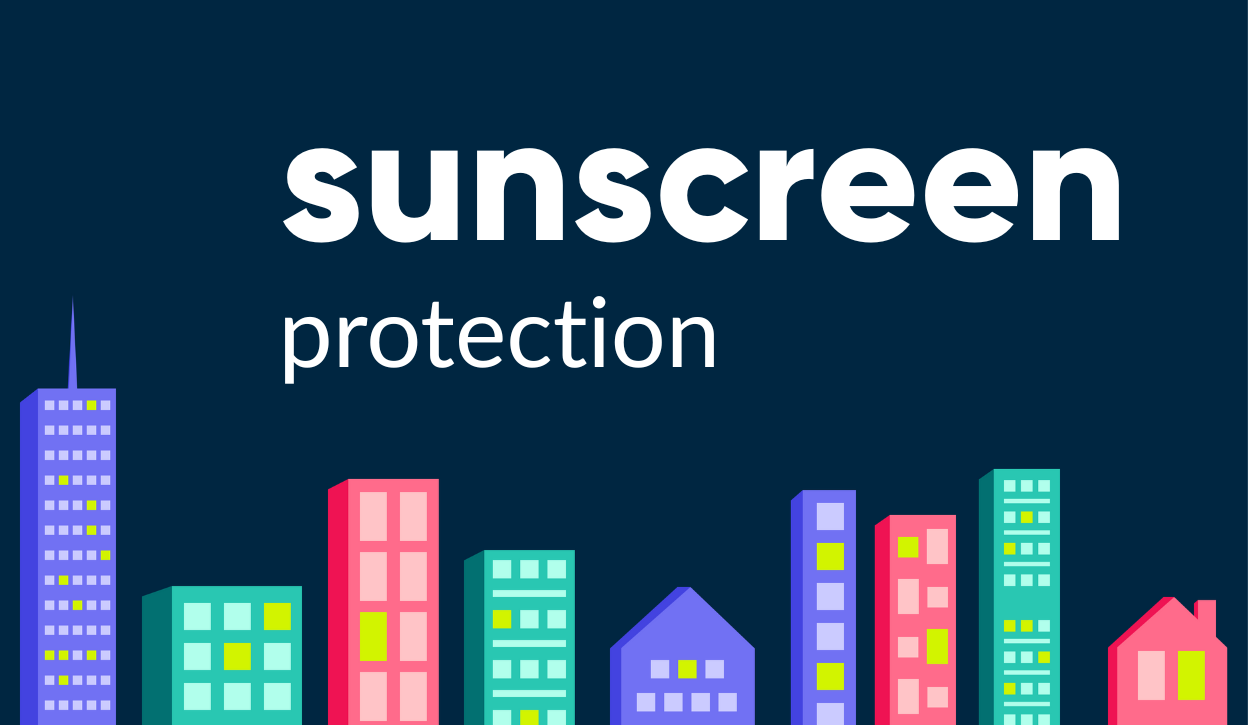
Three powerful tools that promote mental well-being and resilience are:
✔️ Mindfulness
✔️ Meditation
✔️ Pondering
While these terms are often used interchangeably, each offers a unique mental exercise—and when practiced consistently, all can strengthen the mind and elevate well-being.
Let’s explore their differences, similarities, scientific benefits, and how to begin using each with intention.
🧘♀️ What Is Meditation?
Meditation is a structured mental practice that involves focusing attention—often on the breath, a mantra, or a visualization—to promote awareness, relaxation, and inner clarity.
🧪 Science-Backed Benefits:
- Reduces stress and cortisol levels (JAMA Internal Medicine, 2014)
- Improves attention, memory, and emotional regulation (Harvard MRI study, 2011)
- Lowers symptoms of anxiety and depression
- Supports heart rate variability and autonomic balance
🧭 How to Start:
- Begin with 5–10 minutes a day.
- Sit comfortably, close your eyes, and focus on your breath.
- When your mind wanders (and it will!), gently return your attention.
- Apps like Headspace or Calm can provide guided sessions.
🧠 What Is Mindfulness?
Mindfulness is the practice of being fully present in the current moment—without judgment or distraction. It can be cultivated through meditation, but it’s also a way of living intentionally.
Think of mindfulness as a state of awareness you can bring into everyday activities—like walking, eating, or listening.
🧪 Science-Backed Benefits:
- Enhances focus and working memory (Psychological Science, 2010)
- Reduces rumination and emotional reactivity
- Improves interpersonal relationships and empathy
- Supports chronic pain and sleep quality
🧭 How to Start:
- Choose one activity (e.g., brushing your teeth, eating lunch).
- Pay full attention to the experience—sensations, thoughts, and feelings.
- When distractions arise, notice them, and gently bring attention back.
- Over time, practice mindful pauses during stressful moments.
💭 What Is Pondering?
Pondering is the reflective, intentional act of thinking deeply about an idea, experience, or question. It’s often associated with curiosity, problem-solving, spiritual insight, or self-reflection.
Unlike meditation, which quiets the mind, pondering engages the mind—constructively.
🧪 Benefits (Though less studied, still meaningful):
- Supports moral reasoning and personal growth
- Encourages insight and creative thinking
- Enhances clarity in decision-making
- Can reduce impulsivity by slowing thought
🧭 How to Start:
- Set aside 10–15 minutes in a quiet space.
- Reflect on a meaningful question:
“What do I truly value?” or “What’s something I’m avoiding?”
- Use a journal to explore your thoughts. No pressure to solve—just think.
- Pondering can also occur during walks, prayer, or while reading meaningful texts.

🔁 Similarities Between the Three
All three practices:
- Encourage self-awareness
- Reduce mental clutter and distraction
- Promote better emotional regulation
- Help shift from reactivity to intentionality
- Can be done by anyone, regardless of experience
Think of them as different tools in the same mental fitness kit:
- Meditation calms the mind.
- Mindfulness sharpens awareness.
- Pondering deepens understanding.
🧩 Choosing the Right Practice (or All Three)
- Want to reduce anxiety and enhance calm? → Try meditation.
- Want to be more present and intentional daily? → Practice mindfulness.
- Want to explore meaning, solve problems, or reflect on purpose? → Set time aside for pondering.
🧠 Final Takeaway
Just like you go to the gym to strengthen your body, you can train your mind with tools like meditation, mindfulness, and pondering.
✨ These aren’t abstract wellness trends—they’re accessible, evidence-supported strategies that build mental clarity, emotional balance, and resilience.
Start with one practice. Start small. Stay consistent.
Because a healthier, more intentional mind is one of the greatest assets you can develop—in leadership, in relationships, and in life.
#Mindfulness #Meditation #Pondering #MentalFitness #LeadershipWellbeing #HealthAndWellness #EmotionalIntelligence #ScienceOfCalm #ClarityMatters #SelfGrowth
Galvan Nodes and the IZE Blockchain are governed by a Distributed Governance Framework, which is distinct from and not solely controlled by Galvan DAO LLC. Any value derived from Galvan Nodes and IZE Digital Rewards is likely to be uncorrelated with the success or failure of Galvan.
Galvan does not sell tokens. The IZE Blockchain, which is governed by Galvan Node Owners, self-governs the distribution of tokens. Tokens are earned in exchange for work and action on the IZE Blockchain. The token is designed to have utility on the Galvan platform for the purchase of Galvan’s products and services. The token is not an investment product and may never have any value outside of the Galvan platform. Galvan Node Owners should not expect to recognize any value from the token other than its utility with Galvan. Galvan does not anticipate correlation between the token value and Galvan’s business activities.
This article may contain forward-looking statements that involve substantial risks and uncertainties. Forward-looking statements discuss plans, strategies, prospects, and expectations concerning the business, operations, markets, risks, and other similar matters. There may be events in the future that we cannot accurately predict or control. Any forward-looking statement contained herein speaks only as of the date on which it is made. Factors or events that could cause our actual results to differ may emerge from time to time, and it is not possible for us to predict all of them. We do not plan to update or revise publicly any forward-looking statements except as required by law.












